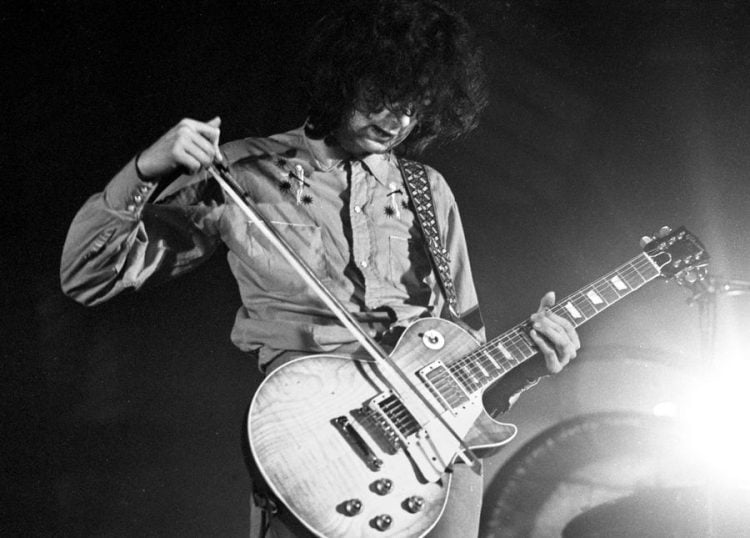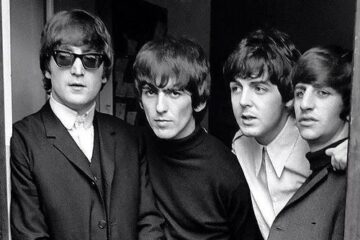News Jimmy Page on the guitarist who was “impossible to record”
Jimmy Page quickly became a musical force of nature throughout his time with Led Zeppelin. Outside of playing the most radical hard rock guitar ever to be heard in the 1970s, Page also found himself right at home in the studio, eventually using the mixing board to its fullest potential with Eddie Kramer. Although Page could spin anything into gold during his prime, he remembered when his fellow Yardbirds guitarist Eric Clapton was considered a problem in the studio.
Then again, Clapton and Page came from two separate worlds whenever they strapped on their guitars. While both started with the blues, Clapton was always looking to build on his foundation, continuing to work on songs by Robert Johnson to try and squeeze that extra bit of emotion out of his guitar.
Although The Yardbirds gave Clapton the proper outlet, he eventually left the band after hearing the song ‘For Your Love’, which he considered too lightweight for the band to be playing. After Page took over, he started to think of what the band could do outside of pure blues, introducing them to the world of psychedelia on tracks like ‘Heart Full of Soul’.
Before Clapton had struck up the ultimate power trio with Cream, his first venture outside The Yardbirds included working alongside fellow blues guitarist John Mayall for the album Bluesbreakers. While the album would be considered one of the crowning achievements of Clapton’s career and earned him the name ‘God’ throughout the English music scene, one engineer was not impressed with what he was doing.
When Page ducked into the studio as the band laid down the song ‘Witch Doctor’, he recalled one producer becoming annoyed about what Clapton was doing. Instead of working out different scales, Clapton wanted to stretch his limits as a sound craftsman, overdubbing different pieces of feedback to capture the right amount of intensity for the song’s midsection.
The hours spent getting any feedback eventually led to one engineer giving up, with Page recalling on Instagram, “About two-thirds of the way through, he pulled the faders down and said: ‘This guitarist is impossible to record.’ I guess his technical ethics were compromised by the signal that was putting the meters into the red. I suggested that he got on with his job and leave that decision to me!”
While the band would eventually get the right effects for the song, Page was mesmerised by what he saw Clapton doing. Once he decided to fly solo with Led Zeppelin, Page would even begin incorporating bits and pieces of ‘Slowhand’s technical ingenuity into his own playing, from toying with the sounds of feedback on his tracks to breaking out a violin bow to get the demonic howls out of his guitar.
Compared to what Clapton was doing, Page would take his guitar playing to a new area altogether, creating different textures that no other artist could touch on songs like ‘Ramble On’ or ‘Ten Years Gone’. Clapton may have started the idea of mastering the studio atmosphere, but Page’s unique ability to use the studio as an instrument is the ultimate example of the student becoming the master.




